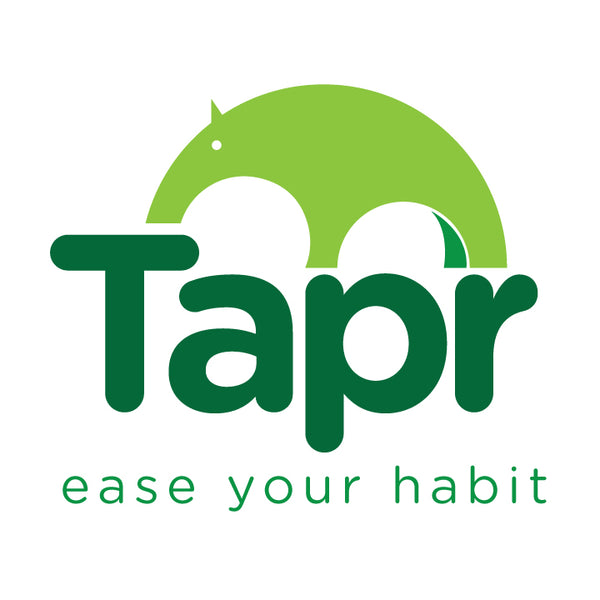Cannabis Use and Pregnancy: What You Need to Know
Share

Pregnancy is a time of significant change and heightened responsibility, not just for the expecting mother, but for the health and well-being of the unborn child. With the increasing legalization and use of cannabis, many pregnant women and those planning to conceive might wonder about the safety and effects of cannabis use during pregnancy.
Understanding Cannabis
Cannabis, commonly known as marijuana, is a plant that contains numerous active compounds, including tetrahydrocannabinol (THC) and cannabidiol (CBD). THC is the psychoactive component responsible for the "high" sensation, while CBD is non-psychoactive and is often used for its potential therapeutic benefits.
Cannabis Use During Pregnancy: What the Research Says
Impact on Fetal Development
Research suggests that THC can cross the placenta and reach the developing fetus, potentially affecting fetal development. Studies have linked prenatal cannabis exposure to:
- Low Birth Weight: Babies born to mothers who used cannabis during pregnancy are more likely to have lower birth weights, which can be associated with other health complications.
- Preterm Birth: There is an increased risk of preterm birth among mothers who use cannabis.
- Neurodevelopmental Issues: Some studies suggest that prenatal exposure to cannabis may affect brain development, potentially leading to cognitive and behavioral issues later in childhood.
Effects on Maternal Health
Cannabis use during pregnancy can also have implications for the mother’s health, including:
- Increased Nausea and Vomiting: Contrary to some beliefs, cannabis use can exacerbate nausea and vomiting in some pregnant women, a condition known as hyperemesis gravidarum.
- Mental Health Risks: Regular cannabis use can impact mental health, potentially increasing the risk of anxiety, depression, and other mental health disorders.
The Role of CBD
CBD, while non-psychoactive, is often perceived as a safer alternative to THC. However, there is limited research on the effects of CBD during pregnancy. It’s important to note that CBD products can sometimes contain traces of THC and other contaminants, which could pose risks during pregnancy.
Recommendations from Health Authorities
Major health organizations, including the American College of Obstetricians and Gynecologists (ACOG) and the Centers for Disease Control and Prevention (CDC), advise against the use of cannabis during pregnancy. They recommend that pregnant women and those planning to conceive avoid cannabis in all forms due to potential risks to both the mother and the baby.
Alternatives for Managing Pregnancy Symptoms
Pregnancy can come with a variety of uncomfortable symptoms, and some may consider using cannabis for relief. However, safer alternatives are available:
- Nausea and Vomiting: Ginger, vitamin B6, and acupressure are natural remedies that can help manage nausea.
- Anxiety and Stress: Mindfulness practices, prenatal yoga, and counseling can provide relief from anxiety and stress.
- Sleep Issues: Establishing a regular sleep routine, using pregnancy pillows, and practicing relaxation techniques can improve sleep quality.
While more research is needed to fully understand the effects of cannabis on pregnancy, the current evidence suggests potential risks that cannot be ignored. For the health and safety of both the mother and the baby, it’s best to avoid cannabis use during pregnancy. If you have any questions or concerns about cannabis use and pregnancy, it’s essential to speak with a healthcare provider who can provide personalized advice and support.
